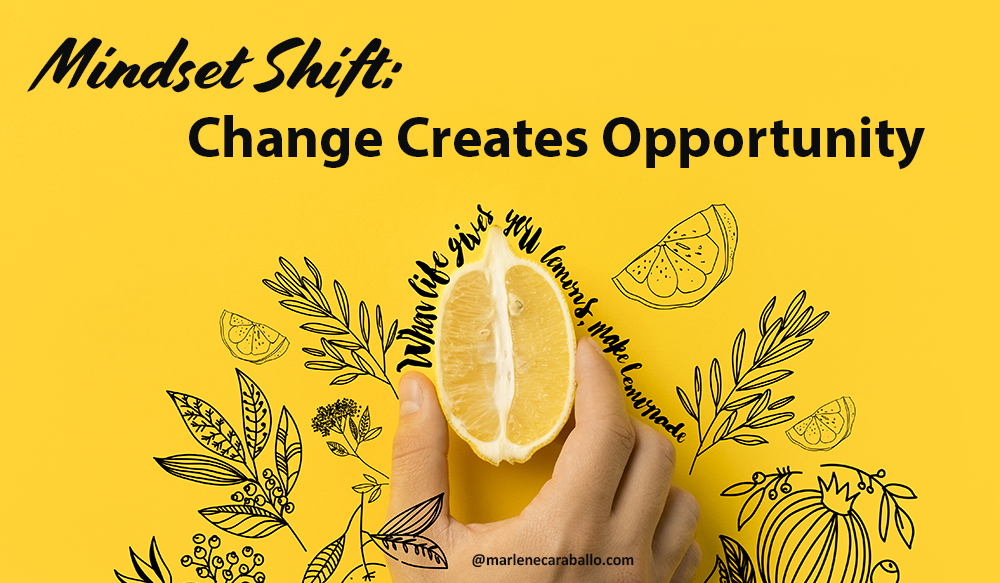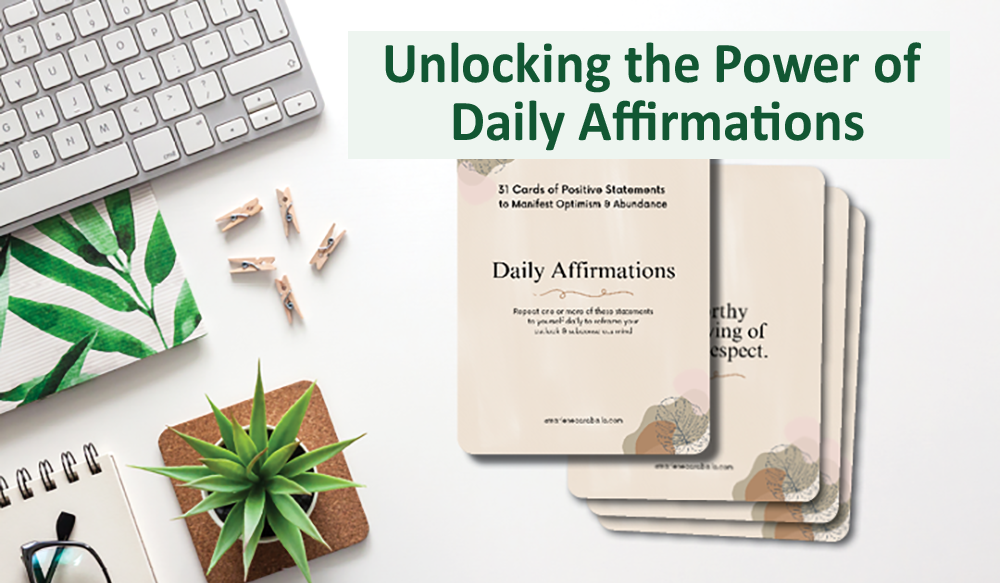Journaling to Reduce Stress
Journaling is a powerful tool for reducing stress and managing anxiety.
Ok, so I’m always excited to share tips on the power of journaling! There are so many benefits to journaling that can positively affect your mood, your mental health, your ability to process emotions, and your energy.
As a huge fan of journaling, I can attest firsthand to how it can help move you from feeling anxious to feeling optimistic. We can’t change so many external events and challenges in our lives, but what we can shift is how we feel and think about the circumstances.
Learning to cope with changes in your life with the least amount of stress and with the best possible outlook empowers you to feel more in control.
You can’t thrive if you are feeling out of control, or if you feeling inauthentic or dishonest with yourself.
Your journal is a place to speak your truth; to express your surface-level (or most deep dark) fears. It’s a safe space to work through how you’re feeling on any day or time, and to find positive shifts about the situation.
Journaling is a practice. It’s a coping skill for stress management. It’s a powerful way to release and clear what’s circling in your brain, and what’s spinning your emotions out of balance.
How to journal
Journaling is super simple. And powerful no matter the details of where, when, or on what, you do it.
It doesn’t have to be complicated at all. You can you an elegant leather covered diary, or you can use a sheet of copier paper – or my favorite, a 99-cent spiral bound notebook from the supermarket.
No need for fancy pens or pencils, although go for it if that makes you feel more inclined to journal.
It doesn’t matter what time of day you journal or where you are. You could journal in bed before going to sleep; or journal on a busy city train; or journal at work during your lunch break.
I prefer to write out my stresses and worries and feelings first thing in the morning. To write down your feelings, fears, hopes, and whatever is taking your energy is a way to check in with yourself.
Journaling is a way to be your own best friend.
Writing in your journal is a way to “talk” through what’s bothering you or to share what you’re excited about. The process of physically writing words that move from your thoughts into two-dimensional words is an empowering emotion-moving process.
Don’t underestimate the power of writing your feelings as an important ritual, a sacred ritual, a self-care ritual, a mental health habit, an effective stress-relieving method.
Journal prompts to help with stress.
A journal prompt is just a suggestion for where to take your writing. They are usually questions to ask yourself to get going with your writing. Prompts give you a direction to begin with your self-dialogue. They can be general or very specific; you can use the same prompts again and again (your answers will always be different!); or you can use new prompts each day. There are endless sources for effective journaling prompts that you can find online with a quick search, or you can find books on journaling in the library or book store, or come up with your own.
These are my current favorite journal prompts to help me move through stress and reset my thoughts and energy. Give these a try for a few days and see how you feel. You may be surprised at what comes up for you, and the calming and stress-relieving feelings that result from saying what you really fear, what you truly want, and how that all helps you shift how you feel through writing your words.
There are no solid rules to effective journaling. The more you try it, the more you will get a feel for what works for you. You may write just a few words for each question, or pages for some of them. Some days you won’t want to write at all (and therefore try to bypass how you feel), and some days you’ll find yourself longing to dwell in the beautiful, healing ritual of having someone to talk to (your journal).
Stress relief journal prompts:
- What am I feeling today?
- What am I freaking out about?
- What is the outcome I’d like to create (what I’d like to see happen with this situation)?
- What would that outcome look and feel like? (get as detailed and descriptive with your words as you can)
Remember that there are times we can take action to change our circumstances for the better, but there are also times when the situation is external and we are not a position to change the actual events. This is where journaling can be especially impactful at reducing stress.
Those times when we are not in a position to change what’s happening are when journaling is a super-power. It allows us to work through and express our truest thoughts, feelings, and fears and shift the only control we have in those cases – which is changing our perspective on what’s possible and how we choose to feel about the situation in the moment.
Finding a more positive outlook on difficult or stressful situations is not suppressing our feelings. In fact, it’s expressing our feelings, even the deepest hardest emotions, in a safe space – then being able to help ourselves change our energy around the situation through visualization and the power of hope. Once we have regained balance in our minds and energy, if even for a little while, we are so much better able to face the day and deal with whatever comes our way.
Journaling is not the full answer to all of life’s problems.
But it helps. It’s a free, simple, accessible coping tool to aid in managing stress and anxiety. And any tool that helps you feel a little more balanced and little less anxious is empowering.
Empowerment builds our sense of self-confidence which trickles out into all the other aspects of our lives. It impacts our relationships, our jobs, our health, our family, our habits, how well we take care of ourselves, the choices we make, how we see ourselves and so much more.
Personal empowerment helps you to thrive. I hope you will give journaling to reduce stress a try, and if you already journal, I hope you’ll try these prompts.
Sending you loads of positive vibes,
Marlene
_______________
More resources and ways to get additional support…
If you’re interested in learning more practical strategies about managing your moods, mindset, confidence… click here to join my private Facebook group and/or connect with me on Instagram at @_marlenecaraballo_
If you’d like more details about learning how to journal, check out my online self-paced journaling course here.
I also use journaling and personalized journal prompts for my clients inside my private coaching program. See details here on how to work with me.





